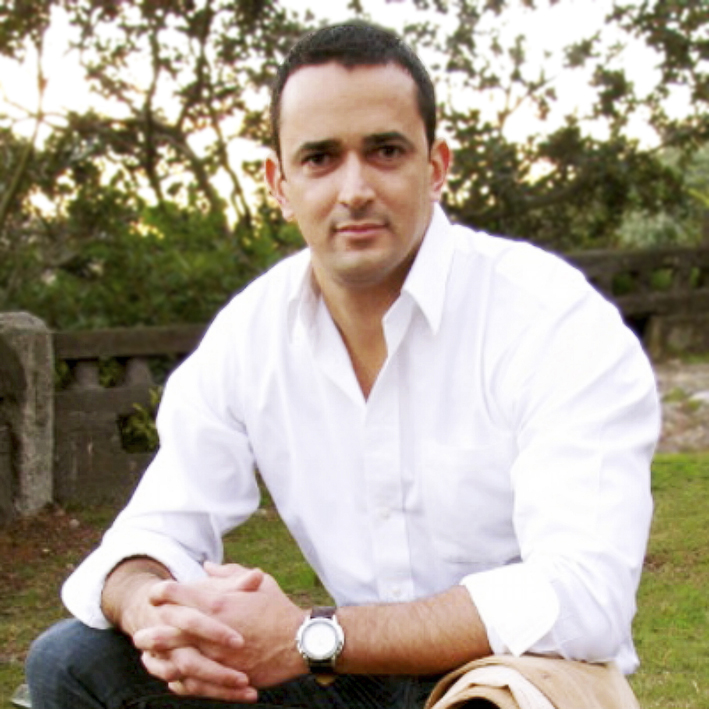James Duchenne: “The Mauritian government is about to foster a ‘Silicon Corridor’”
Share

Managing Partner at Sutton Stone, a venture-building firm based in the United States, James Duchenne talks about the blockchain technology, which he sees as an opportunity to be seized by Mauritius, given the right conditions are created.
BUSINESSMAG. When we interviewed you in 2015, you said that the technology behind the bitcoin, namely blockchain, was a game changer. Is your point of view the same today?
Yes, if anything, the growth of the ecosystem has since confirmed this view. Although it is unfair to judge bitcoin’s growth by looking at its price alone, the fact that it almost tripled in value since, contributes to the sentiment that it is being more accepted, and is proving useful. Furthermore, blockchain technology has exploded, evolved and is being taken very seriously by the largest organizations and governments around the world.
BUSINESSMAG. How can Mauritius take advantage of blockchain technology?
I think we’re living at a time of significant technological change that presents opportunities for Mauritius and its people. Some examples of new technologies are virtual reality, 3D printing, augmented reality and chief amongst them, blockchain, which has already started to, and will affect, virtually every industry. With the right framework and timing, Mauritius has the ability to provide the landscape for its workforce to acquire the knowledge required to boost its economy as a world-class, innovation-driven destination.
BUSINESSMAG. Are the conditions right, though, for this?
I read Pravind Jugnauth’s Budget and believe it will create the right conditions and incentives to seize this opportunity. In fact, I have spoken to Gérard Sanspeur, Chairman of the Board of Investment, who has the vision to bring these about, understands the benefits and is being proactive about seizing this opportunity for Mauritius. I also spoke to Kee Chong Li Kwong Wing, Chairman of SBM Holdings Ltd, and he described a “Silicon Corridor” approach to migrate knowledge from Silicon Valley and other innovative centres to Africa, using Mauritius as a hub. As a Mauritian proud of his heritage, I believe that this is extremely positive development.
BUSINESSMAG. Many have tried the migration approach, why do you think this “Silicon Corridor” is positive news?
Well, first you need to talk about innovation. Being at the start of an innovative venture, you can benefit from its growth. Enter at a later stage and this benefit is greatly reduced. Enter too late and you’ll work for those innovators that have grown. I believe that the time window to seize the current opportunity as far as blockchain technology is concerned is very short. Three years at most, which means that the time to start is at latest the first quarter of 2017. This is understood by countries like Dubai which has just launched its migration program with huge incentives.
Also, ventures at the forefront of technology have pain points before they mature and there exists a pool of these companies that Mauritius can identify and offer to solve these by setting up here.
So I think that what is needed is to attract ventures with pro-ducts at the current stages of their growth to Mauritius with the relevant incentives and make them employ Mauritians under a practical training program so that they can later on spawn new innovative ventures for themselves. Blockchain resets the playing field so that a young Mauritian can create the future Google or Facebook.
BUSINESSMAG. Can you tell us a bit more about the evolution of blockchain?
Over the past year, we’ve seen the rise of Ethereum, created by Vitalik Buterin, a brilliant computer scientist in his early twenties. Ethereum is a blockchain, similar to bitcoin, but with the aim of being Turing complete, that is with the ability to have conditional elements. Using smart contracts, it is able to create decentralized applications. Unlike building applications on bitcoin, Ethereum smart contracts are more agile and nimble. The future of Ethereum looks very bright, while that of bitcoin is maturing.









